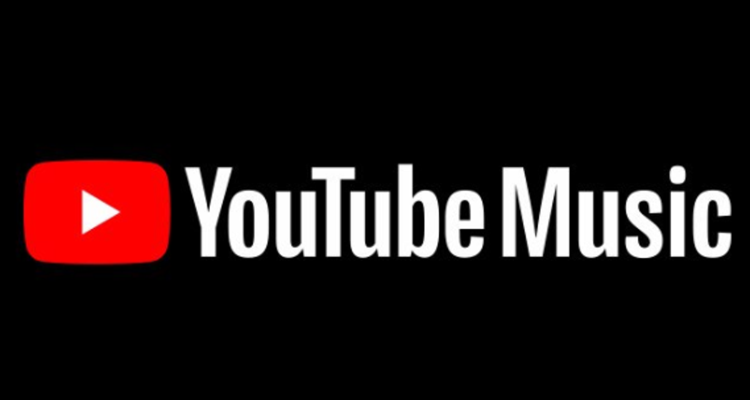Photo Credit: YouTube Music
The National Labor Relations Board (NLRB) has officially determined that Google and Cognizant jointly employ striking YouTube Music team members – potentially setting the stage for an election through which the roughly 60-person division can join the Alphabet Workers Union (AWU).
NLRB regional director Timothy Watson just recently penned the corresponding decision, after a majority of the involved YouTube Music workers (contracted by Cognizant) in late October moved to unionize with the AWU.
Soon thereafter, Cognizant announced an early February deadline for the previously remote professionals – responsible specifically for optimizing “data quality and coverage to ensure that YouTube Music is a complete premium offering,” per the NLRB’s own description – to turn up at an Austin, Texas, office.
The YouTube Music team (and at least two lawmakers) maintains that the return-to-office order is retaliation for the unionization push, stating also that some cannot afford to relocate to Austin. According to the NLRB’s decision, Cognizant-employed individuals who fix bugs on YouTube Music earn between $19 and $20 per hour, while the persons who check the work pull down a minimum of $22 per hour.
Cognizant, for its part, says that employees have known about the eventual requirement to come back to the office since signing on. Last week, a rep for the Teaneck, New Jersey-headquartered company told DMN that “the majority of the striking employees have stated that they are returning to the office.”
In any event, the RTO-resistant YouTube Music staffers went on strike not long before the aforesaid deadline and have claimed in the interim that they’re employed by Google/Alphabet as well as Cognizant. Of course, the latter business has said that it “is the sole employer of these employees, not Google or YouTube.”
But as initially mentioned, the National Labor Relations Board doesn’t feel the same way, finding instead that “Cognizant and Google are joint employers given the totality of the circumstances.”
Said totality of the circumstances includes Google’s influence over the employees’ benefits and weekly hours as well as the direction of the associated YouTube Music projects. Google requires its contractors to pay workers the higher of $15 hourly or the local minimum wage – less than the above-disclosed payrates.
However, these same contractors must also meet certain thresholds in terms of provided benefits, and Cognizant is said to have adjusted the YouTube Music team’s compensation packages accordingly. Per the NLRB, the point supports the idea that Google is a joint employer.
“In order to maintain the contract with Google,” Watson spelled out, “Cognizant was required by Google to offer more benefits to petitioned-for unit employees – benefits it does not offer to its employees on other contracts.”
Furthermore, Google is said to craft “training documents, which may not be edited or altered by Cognizant” and to directly train “some Cognizant employees…on how to perform the work.”
“They attend weekly video meetings for about 30 to 45 minutes, chat online daily, and may reach out to Google employees for help with any bugs they are unable to fix,” Watson wrote of the interactions between Cognizant’s YouTube Music team members and those who work directly for Google.
“The National Labor Relations Board will conduct a secret ballot election among the employees in the unit found appropriate above,” the text reads towards its conclusion. “Employees will vote whether or not they wish to be represented for purposes of collective bargaining by Alphabet Workers Union.”
In a widely circulated statement, Google said that it “strongly” disagrees with the NLRB determination and intends to appeal. And the AWU (which has approximately 1,300 members, per its website) called the ruling “a precedent setting victory not just for ourselves, but also for workers across the country.”

